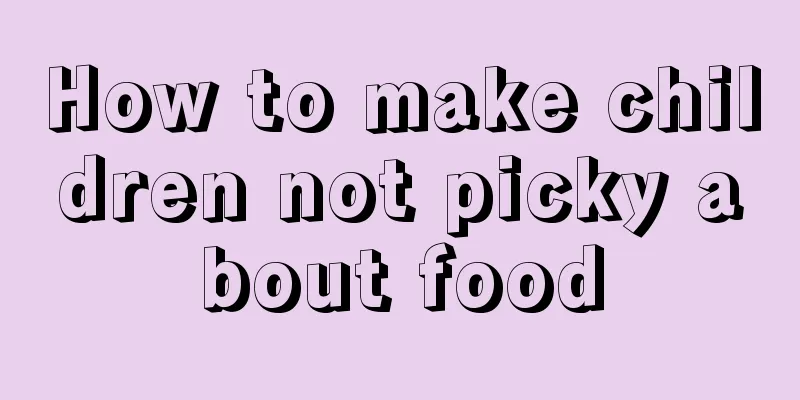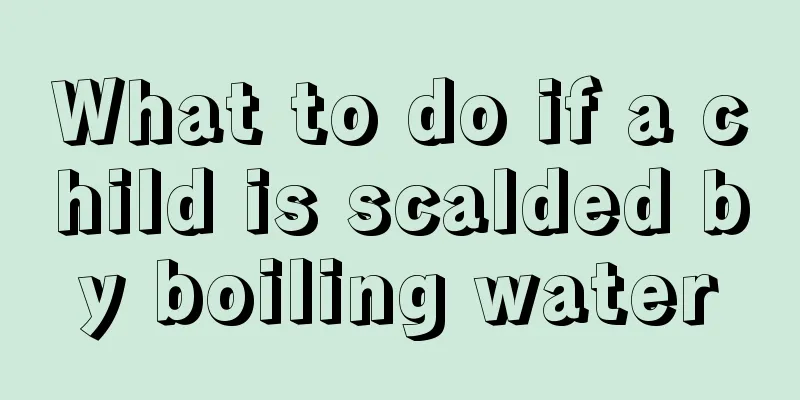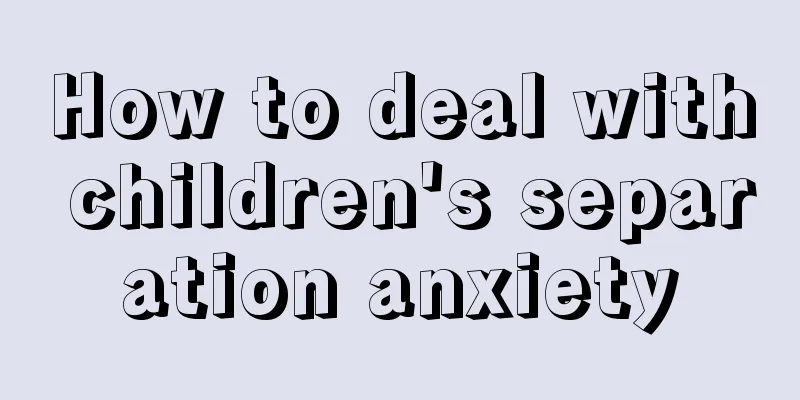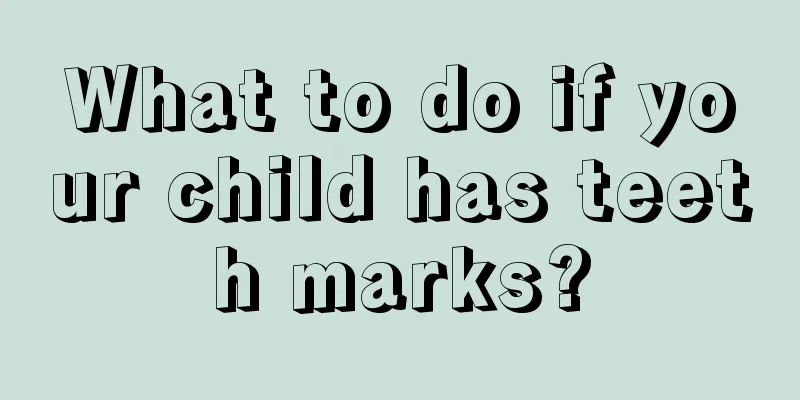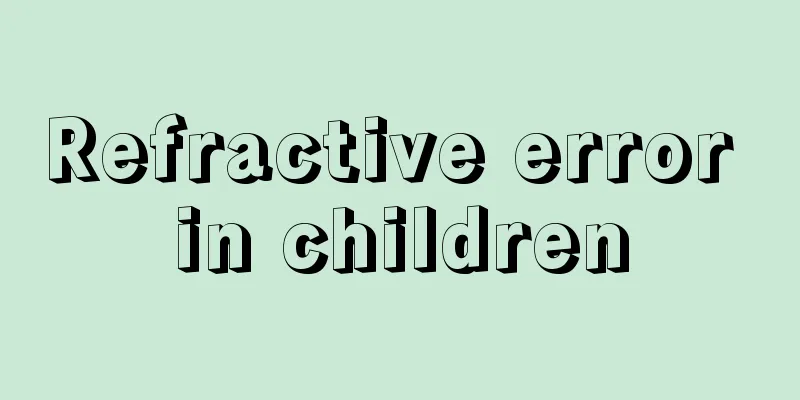What is the reason why children always bite their lower lip?
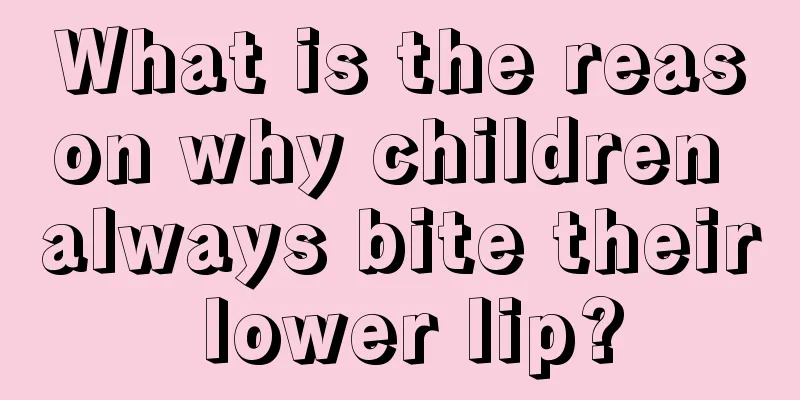
|
Sucking is an instinct that children are born with, including sucking fingers and biting upper and lower lips, and is a necessary condition for children's survival. The sucking instinct of most breastfed babies is satisfied, but for bottle-fed babies, the sucking instinct is often not enough, so they will use their lips. These actions will bring a sense of comfort and security to the child. It can last until one or two years old and usually disappears at three or four years old. The emergence of these actions is actually related to the living environment. Children biting their lips is a sign of degenerative behavior. When he is anxious and nervous, he regresses to his infant state and uses sucking to satisfy his oral desires. The child uses this action to relieve his inner anxiety. Before helping your child to quit this bad habit, you should first examine whether you have neglected your child's emotional needs and the environment around your child (whether he has problems interacting with other children and teachers in kindergarten, whether the parents' attitude towards discipline at home is consistent, etc.). After adjusting the external environmental factors, you may want to try the following methods: 1. Ignore it and adjust your mentality. It is actually not a big problem for a child to bite his lips. When a child bites his lips, don't pay attention to him. Parents are too nervous or use inappropriate correction methods, such as blaming, beating and scolding. This will increase the child's psychological burden, strengthen the child's consciousness and create a vicious circle. Many of the children's actions are often unconscious. You can also divert your child's attention to other aspects, such as playing with toys, reading books, playing games, etc., and ask your child to speak and relax his lips. 2. Correct guidance: A 4-year-old child already has a certain ability to understand and can be guided with language. For example, "You are going to have your 4th birthday soon, and you will be one year older after your birthday. Biting your lips is something babies do, and you can't do that when you grow up!" Or tell him that biting your lips for a long time will look ugly, will make them deformed, and will make it inconvenient to eat. 3. Clearly distinguish between rewards and punishments. Set a time period for the child and tell him or her not to bite his or her lips. Praise the child and give material rewards, such as buying the child a toy that he or she has been looking forward to for a long time. If a child bites his lips, give him punishment, such as not allowing him to watch cartoons. When encountering this situation, parents should play and talk with their children more to meet their psychological needs, guide them to play games more often to distract their attention and overcome this problem. Don't put too much pressure on your children and don't nag them. In addition, the living environment also plays a part. Parents must not quarrel in front of their children. I hope parents can pay more attention to their children's psychology. Use rewards to help them stop biting their lips. |
<<: Symptoms of dry lips in children
>>: What causes stomach pain in children?
Recommend
What should children eat to nourish their brains? What should they eat to make them smarter?
Today's parents place their hopes on the next...
The order of adding complementary food to children
When the baby is about four months old, we will s...
Is it good for babies to drink water?
Drinking more water is good for both adults and b...
How to improve baby's appetite?
Many mothers are worried when they see that their...
What is the height standard for children?
It is the wish of every parent that every child c...
Why is my baby's skin a little yellow?
I believe that anyone who has given birth has a s...
Child with high fever and foaming at the mouth
Fever is a very common disease in children. Howev...
Early symptoms of cervical spine injury in infants
Infancy is the period when children are most susc...
Small blisters on children's hands
Young children, due to their young age, are physi...
Why does my baby's ears discharge yellow fluid with a bad smell?
If you find yellow water flowing out of your baby...
What are the seven-month-old baby's diet
The baby can already sit at 7 months old. This is...
What is the difference between developmental delay and autism?
Autism is a social disorder that causes great dif...
What should I do if a one and a half year old child has a fever?
Children can be the hope of the entire family. On...
What are the treatments for hyperthyroidism in babies?
Common diseases that babies suffer from are usual...
What department should I go to for child development?
Nowadays, many mothers do not know that they shou...


